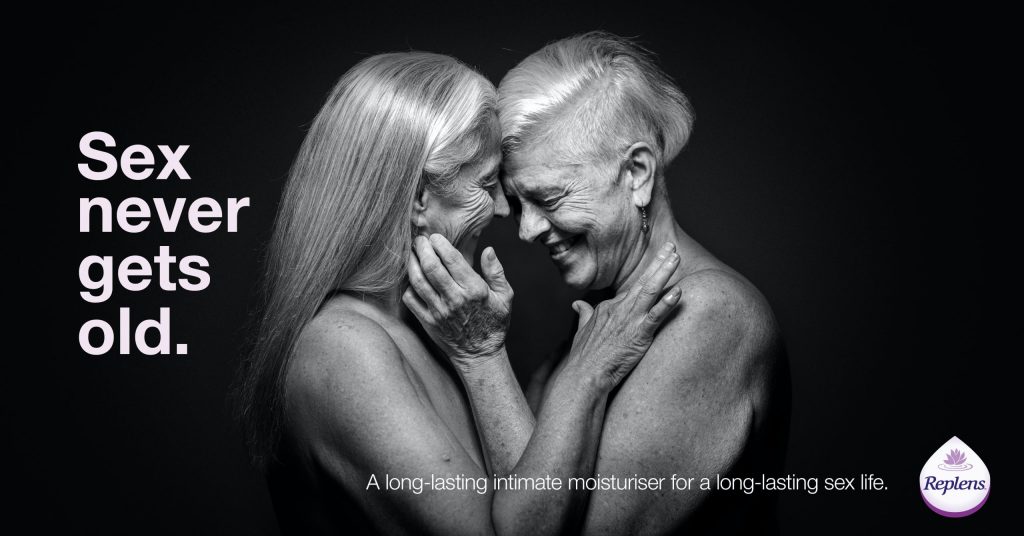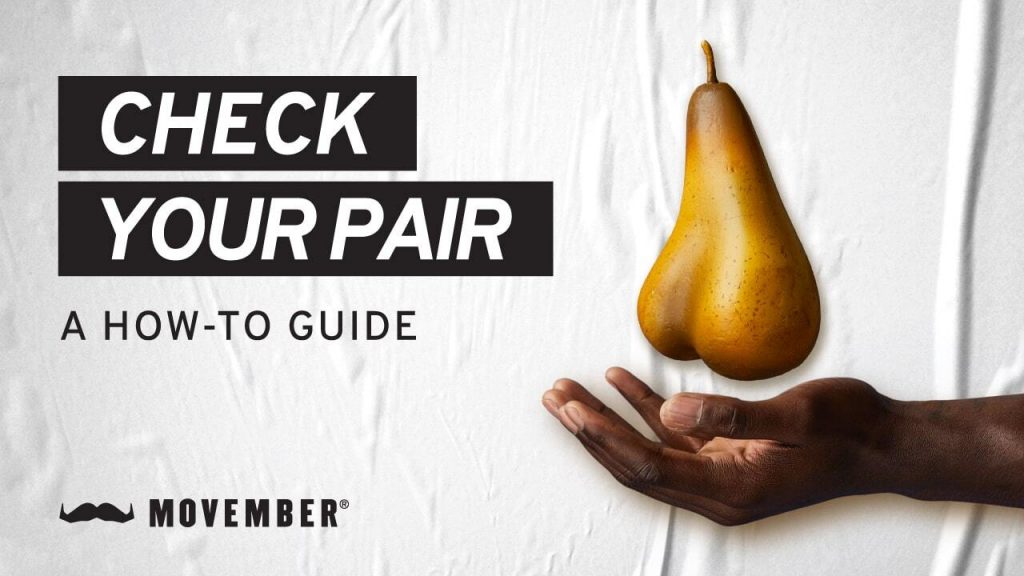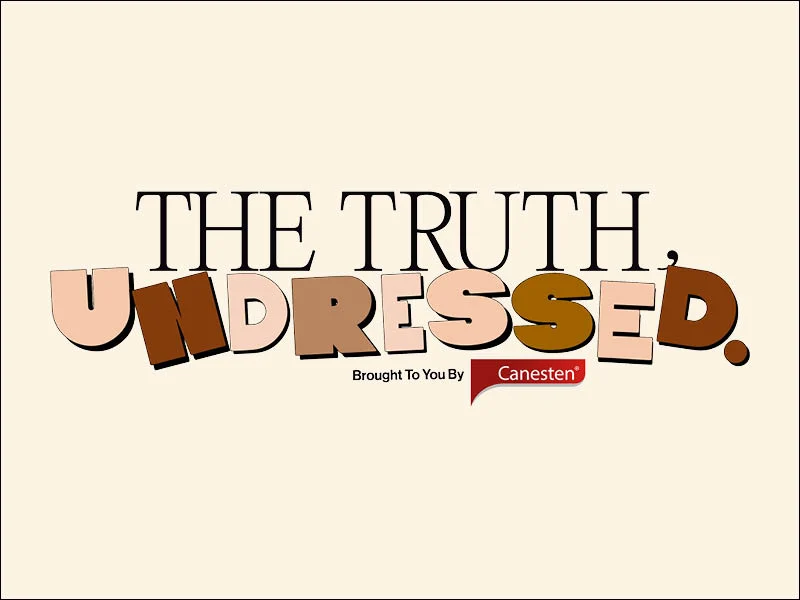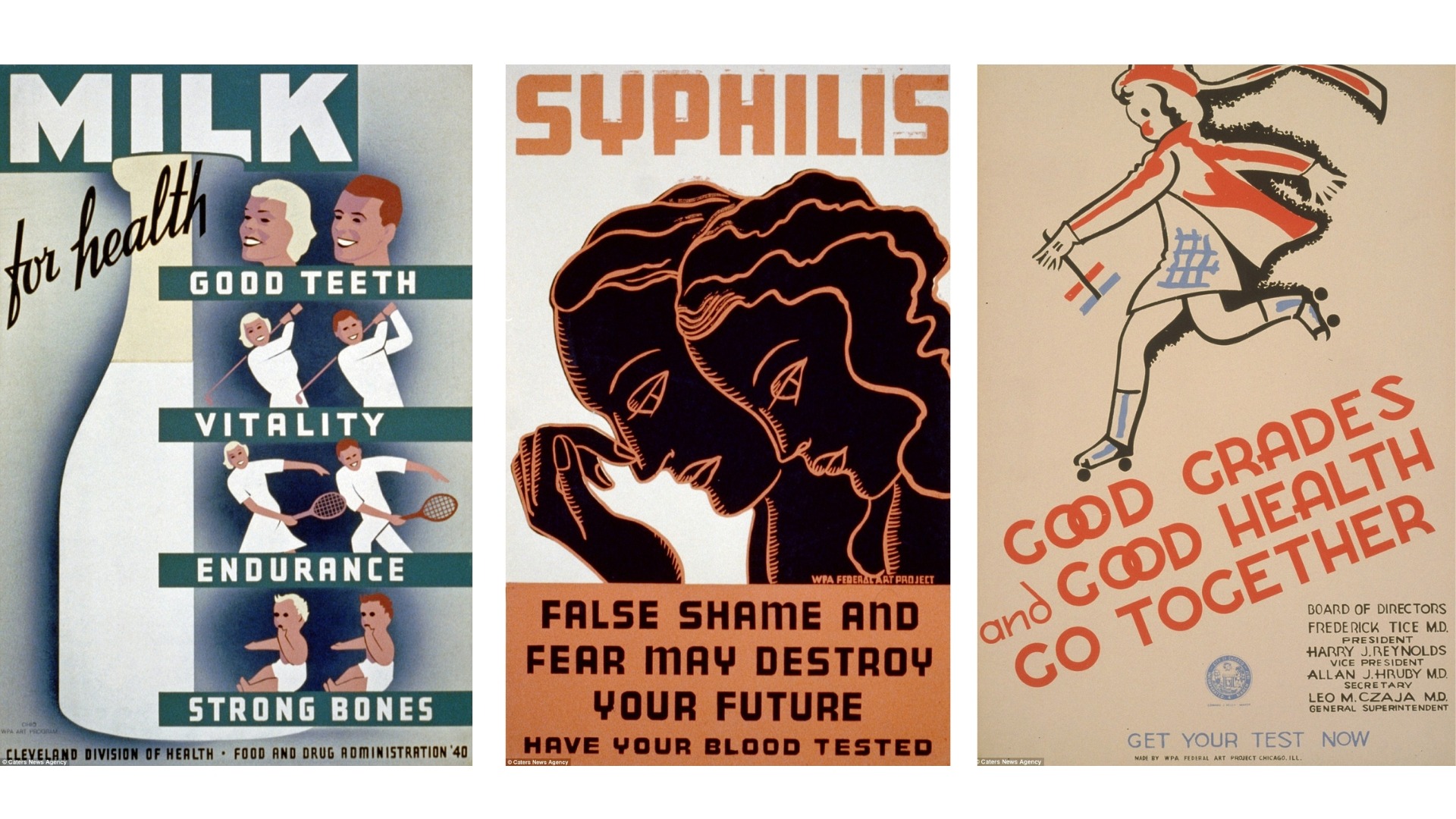Not being able to speak openly about intimate or embarrassing health conditions can certainly hold people back from seeking treatment and support. Recent communications campaigns on topics ranging from period problems to female incontinence have helped to break the silence on some of our health taboos. But how do successful campaigns work to break these taboos?
The first step in breaking taboos is raising them. So just getting your campaign out there is a good start! Because some of the most difficult health issues are invisible, public campaigns help bring them from the dark into the light, promoting discussion. Openly talking about taboo health conditions gives legitimacy and helps to normalise them.
Successful taboo-busting campaigns have taken several approaches; some are direct and ‘in your face’ while others use humour. Movember’s ‘Check your pair’ is a good example of the latter, designed to encourage young men aged 16-36, who don’t think they’re at risk of testicular cancer, to check themselves regularly by making checking fun and normal. The ad campaign for Replens’ ‘Sex Never Gets Old’ caught attention with a humorous strapline ‘for a long-lasting intimate moisturiser for a long-lasting sex life’ coupled with arresting imagery of older couples embracing.


But the most effective, authentic campaigns involve influential individuals who can detail their experience in their own words. For example, Bowel Research UK’s recent ‘Have You Got The Guts?’ campaign, to encourage people with bowel disease to talk more openly about their bowels, features humorous and refreshingly honest stories from its network of patient volunteers about dealing with the embarrassment of living with their bowel conditions. And the more people that participate – from healthcare professionals to government and policy makers as well as patients – the better.
A long-running campaign demonstrates commitment but also leads to repetition, and the resulting familiarity helps demystify uncomfortable health problems. When campaigns start to gain momentum, people will feel more able to share their experiences and perspectives on taboo topics, further helping to break down stereotypes and promote greater understanding. It’s good to know you’re not alone.
For many people with embarrassing health conditions, the internet will be the first port of call for information. So campaigns that provide education digitally can help people feel more able to talk to a healthcare professional and seek treatment for their condition. Canesten’s educational platform ‘The truth, undressed’ challenges stigma while supporting vaginal and vulval health by providing evidence-based advice and guidance on intimate conditions such as thrush, bacterial vaginosis, cystitis and vaginal dryness as well as educational illustrations of vulvas and vaginas.

While we are making great strides in breaking taboos by shaping opinion and changing behaviour through communications campaigns, there are still some health topics or body parts that many of us feel uncomfortable mentioning.
SAY would love to find out what taboos you would like to see broken down next.
Find out more about SAY’s healthcare campaigns that deliver what matters most.

